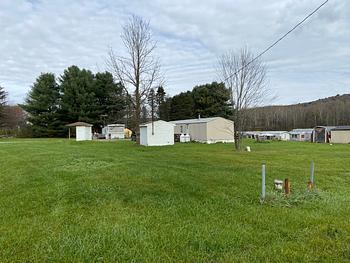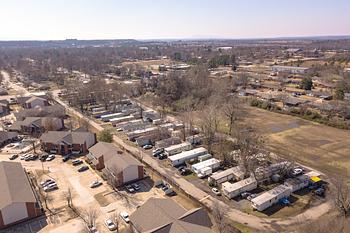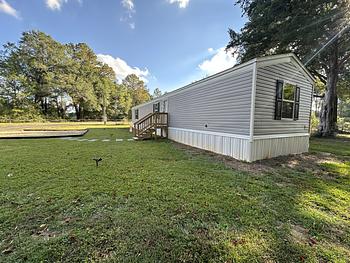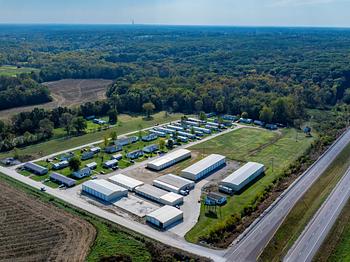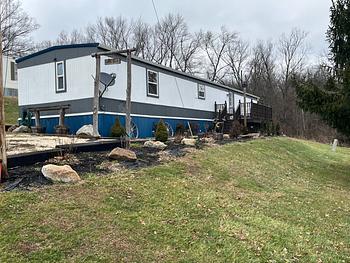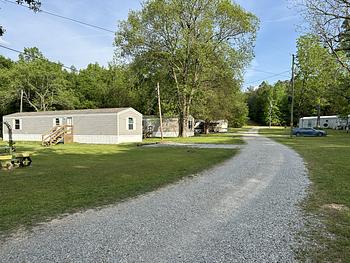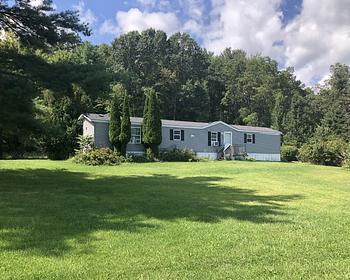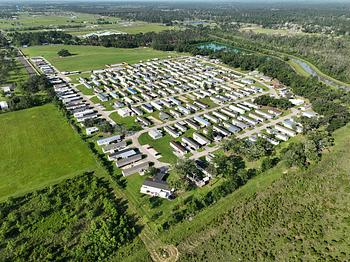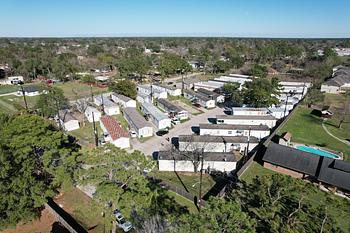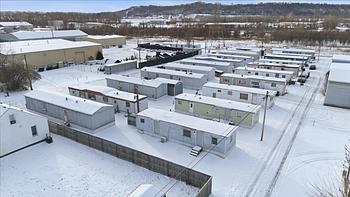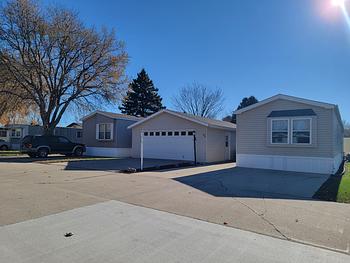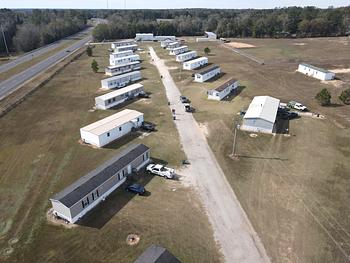Don’t Pave the Playground to Put up a Parking Lot By Aimee Bove Owner/Attorney Bove Law
Article Featured
Operating a well-run manufactured housing community (MHC) requires skill, experience, reserves, and endless patience. Frustratingly, local government, state legislatures, residents, and housing non-profits disregard these realities. People with no MHC housing experience tell me how to run communities constantly. They declare it’s abusive to require homeowners to mow their yards and pull weeds. Tossing urine and feces out a window if a homeowner’s toilet breaks is okay. Mindbogglingly, a state senator once told me in a public hearing that it is outrageous for a resident to face consequences for refusing to clean up after their dog. I disagreed, arguing that living in a manufactured housing community does not mean you must cook dinner while the smell of your neighbor’s dog’s feces wafts into your window. The senator scoffed and rolled her eyes.
These same people then demand that the pool and gym be open 24/7, community managers control crime, infrastructure should never break, and, most importantly, the MHC must provide all these things without increasing rent. As I was pondering this stalemate, an analogy hit me. When my son was in the second grade, he came home angrily, waving a math worksheet full of red slashes. He demanded to know why Ms. Frances failed him when he had the answers right. Examining the paper, it became clear he didn’t show his work. He could not articulate how he found the answer. Similarly, residents and regulators have answers to MHC problems, but no workable plan to implement. How do we fix this disconnect? We take a page from Ms. Frances; educate tenants and regulators on the practical operations of a community. Once empowered by housing knowledge, tenants, regulators and owners can find workable solutions that can be successfully implemented for the whole community’s benefit.
Recently, Bove Law successfully applied this strategy when a large, organized tenant complaint arose over parking rules. In this case, Colorado parking laws had recently been amended, and the community couldn’t enforce the new rules until they posted updated parking signs. During this enforcement gap, the tenants became used to parking wherever they wanted.
Not surprisingly, they were unhappy when the community began to enforce the new parking laws with the placement of the updated signage.
The tenants organized and contacted their City. The city official knew we represented the owner and reached out to me. This communication was a pivotal step in acknowledging the tenants’ concerns. If ignored or handled dismissively, the dialogue may become unnecessarily contentious. To address this parking complaint, we encouraged our client to travel from the Midwest to meet with the city officials and the tenants. We further encouraged the owner to drive the community to get a firsthand view of the current parking limitations and to identify possible solutions.
In this MHC, tenants have two spots in the driveway, carport, or garage. A third may be allowed if they can fit in another vehicle without obstructing the sidewalk, landscaping, or road. Even with this ample parking, tenants demanded parking on the street in front of their homes. Street parking is not allowed, nor can the City or the community’s snowplows, ambulances, or firetrucks get through when streets are filled with cars. Often, double parking occurs, making the street clearance even tighter, creating at least an inconvenience and, frequently, a dangerous situation.
Our meeting with our client and the city officials created an environment of trust and cooperation. We worked together to find a solution acceptable to the tenants while maintaining compliance with the local parking regulations. One of the City’s suggestions was to remove the children’s playground and pave a large parking area. We discounted this plan and gently reminded the advocates that we must not sacrifice outdoor play space for children for parking convenience.
At this stage of communication, the MHC owner had a choice. Walk away after hearing the City’s outlandish idea, believing the City’s housing ignorance was a bar to creating solutions, or use his own experience in housing to solve the problem. The next day, he drove around the community and talked to tenants one-on-one to understand the scope of the problem. The knowledgeable owner considered various factors, such as existing infrastructure, road design, and available land, to propose an overflow parking lot with one hundred spaces on appropriately available land.
The next step was to unveil the plans for the new parking lot to the tenants. A meeting was called with the participants, including the tenants, the city officials, and our clients. Members of the local chapter of the national advocacy group 9to5 were in attendance, at the invitation of the tenants, with their mission “to win people-centered policy change and develop leaders to fight for a world where we can all thrive. “A casually dressed community representative presided over the meeting, introducing the constituencies present, and providing an objective and sympathetic understanding of the issues presented in the complaint. We explained that the owner had created the new overflow parking lot to allow tenants to park their vehicles near their homes without violating the new parking restrictions or paving over their children’s playground.
It would be overly optimistic to assume that this solution made everyone happy. Many tenants distrust the community owners’ motivations and will hinder resolution for the sake of encouraging disharmony. Some people want to park all six cars on their landscaping and in front of their house without considering their neighbors. However, by listening, encouraging the City and our clients to be included in the discussion, and giving the tenants an open forum, we created a positive interaction with a resolution. A bonus benefit of these meetings is the opportunity to learn of any other potential areas of discord and, with our client in town, develop proactive strategies for avoiding the formalization of additional tenant complaints.
In our experience, the sooner a tenant issue can be researched and addressed through comprehensive fact-finding, open communication with all the constituents, and a joint effort toward resolution, the more advantageous the solution will be for all.
Aimee Bove, Owner/Attorney of Bove Law in Denver, is the pre-eminent attorney representing clients in the manufactured housing industry in Colorado. In practice for the past twenty years, she has spent the last decade understanding, helping draft, and monitoring the laws governing communities in this most regulated state. Her extensive daily engagement drives her dynamic advocacy and representation of clients
Related Content
BALANCING ACTS: MANAGING TENANT RELATIONS AND RENT COLLECTION FOR LANDLORDS By Frank RolfeHow to Help your Mobile Home Park Tenants and Keep your Cash Flow


